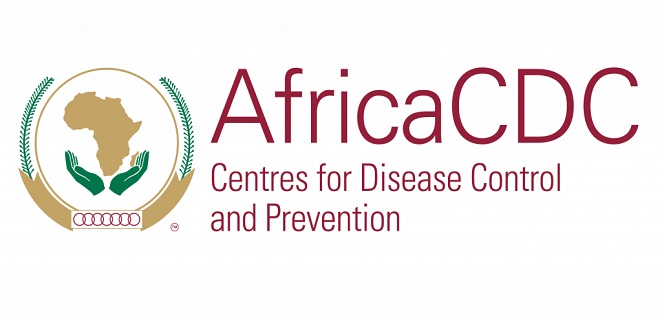IN what is likely to be a major breakthrough for Zimbabwe’s HIV response, the Dapivirine or Vaginal Ring, a tool meant to expand HIV prevention options for women has been approved for use in Zimbabwe, HealthTimes has learnt.
By Michael Gwarisa
The Vaginal ring was submitted to the Medicines Control Authority of Zimbabwe (MCAZ) for review on March, 5 2021 and according to MCAZ procedures, approval for a medical drug or innovation usually takes between three months or a few years, depending on the completeness of the technical information that would have been submitted to the authority.
In an interview with this publication, MCAZ Projects and Public Relations Officer, Mr Shingai Gwatidzo confirmed that the ring has been granted the green light and use would be continuously monitored for safety purposes.
The Dapivirine Ring was approved by MCAZ on the 6th of July 2021. The Dapivirine Ring has just recently been approved for use in Zimbabwe,” said Mr Gwatidzo.
“The Authority will continue to monitor the product as it is being used in Zimbabwe and relies on the public to report to their healthcare providers if they have any issues with the ring. This would help the authority to continuously ensure the public are protected and have access to safe, effective and good quality products.”
Zimbabwe becomes the first country in the world to approve use of the Dapivirine Ring. Other countries pursuing the Ring method include Uganda, South Africa, Rwanda and others.
“The time review also depends on the time it takes for the applicant to address some of the queries raised during the review process. An application for registration is submitted together with application fees. This application is in the form of a dossier that contains technical information on the product including information on the clinical studies conducted, the detailed drug development and manufacturing process, the stability studies conducted as well as information on packaging etc.
“Assessment of information submitted is then conducted by the technical officers at MCAZ in line with standard guidelines. Verification of the suitability of the manufacturing premises is also conducted by the MCAZ inspectorate team to assess compliance to Good Manufacturing Practices requirements.”
In other instances, testing of products prior to approval is also conducted in the MCAZ Laboratory. The information is then presented before the Registration Committee comprised of various experts such as medical doctors, pharmacists, academics, biotechnologists which determines whether or not, a product can be approved for use in Zimbabwe.
The Dapivirine vaginal ring is a flexible, silicone ring that a woman can insert in the vagina for monthly protection against HIV. The ring is designed to provide women with a discreet and long-acting option for HIV prevention. It contains the anti-retroviral drug dapivirine, which is released slowly to reduce the risk of HIV infection locally in the vagina with few effects elsewhere in the body.
Dr Nyaradzo Mgodi, who is the Chairperson on the Dapivirine Ring studies in Africa said all the study phases have indicated that the ring was safe and the Phase III clinical trials did not indicate ARV resistance associated with use of the dapivirine ring, or interference with antiretroviral therapy (ART) effectiveness in those women who became HIV-positive while participating in the trials.
“No safety concerns related to dapivirine ring use have been identified in previous and ongoing trials. The ring delivers dapivirine in the location where infection is likely to occur, so less of the drug is absorbed in the rest of the body.
“The ring is clinically shown to reduce the risk of HIV-1 infection by about 30%. In addition, recent open label studies suggest that HIV risk is reduced by about 50% with consistent use of the ring. No safety concerns related to Dapivirine ring use have been identified in previous and ongoing trials,” said Dr Mgodi.




